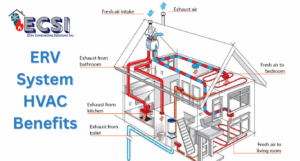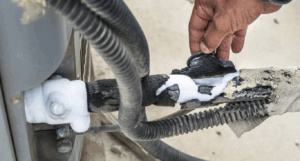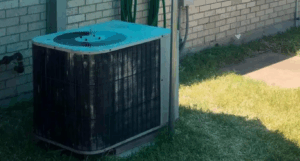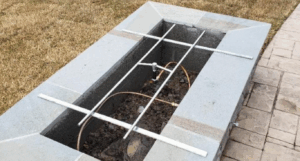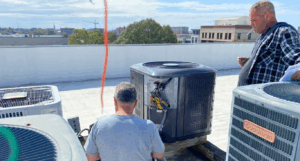Residential HVAC Hacks That Actually Make Sense
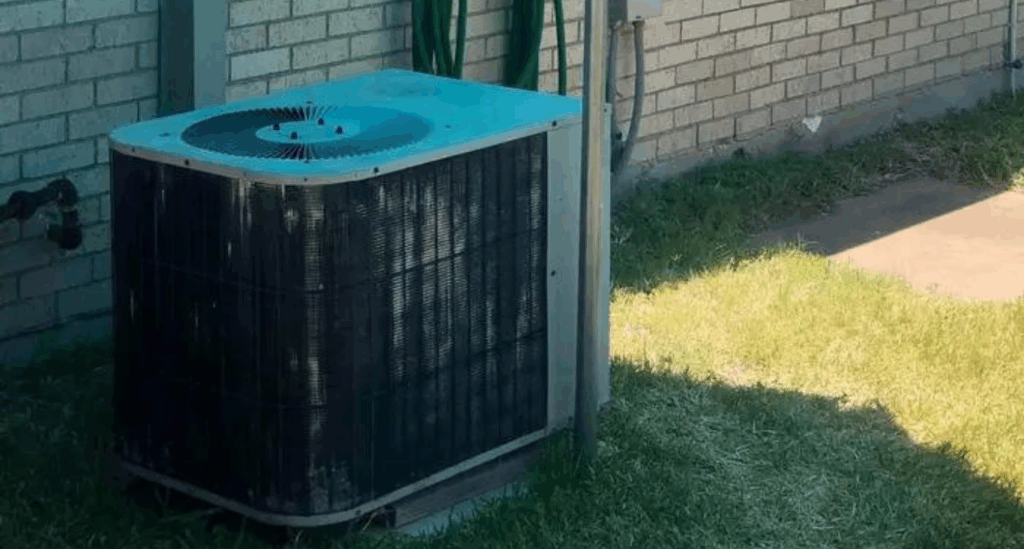
Understanding Your HVAC System
The HVAC system is like the unsung hero of your household, quietly toiling away to keep you comfortable while you binge-watch shows and scroll through social media. Imagine it as your home’s loyal sidekick, always on standby to ensure your living room stays toasty and your kitchen remains ice-free. You might not think about it much—until it decides to take a day off and you’re left shivering or sweating.
At its core, your HVAC system is a multitasker, heating, ventilating, and air conditioning your space like it’s no big deal. It’s the genius behind that perfect indoor climate that lets you rock tank tops in January and fuzzy socks in July. But here’s the thing: even geniuses need a little love and understanding. So, let’s break it down in human terms.
Your residential HVAC systems main gig is to move air in and out, keeping things fresh and comfy. It has a system to heat things up, an AC system to cool things down, and ducts to spread the love. And just like you wouldn’t run a marathon without a warm-up, your residential HVAC unit needs a little prep work to operate smoothly. Knowing how it works isn’t just for impressing your friends (although that’s a nice bonus). It’s about catching minor issues before they turn into major headaches.
So next time your HVAC system does something quirky, like making a weird noise or blowing lukewarm air, you’ll know it’s not just being dramatic—it’s giving you a heads-up. And that, my friend, is half the battle.
Seasonal Maintenance Tips
Now that you and your residential HVAC system are besties, it’s time to give it a little TLC.
Preparing your HVAC unit for winter
Winter is coming, and your heating and cooling system deserves a little love. Start by checking your heater and ensuring the thermostat isn’t stuck in “summer vibes” mode. Replace or clean the filters and let your residential HVAC unti know it’s time to put on its winter coat. You don’t want to be that person who realizes they don’t have heat in January.
Summer maintenance checklist
Summer: the season of sunburns and ice cream. Your air conditioning system been hibernating all winter, so give it a once-over. Check that the AC unit is ready to blast Arctic air, clean those filters again (they’re a dirt magnet), and clear debris from around outdoor units. Nobody wants their homes air conditioning unit to become a leaf compost pile.
Improving Energy Efficiency

Because let’s be real, nobody wants an energy bill that looks like a phone number.
Setting the right thermostat temperature
Picking the right temperature for your thermostat can feel like choosing the lesser of two evils. For those who don’t want their monthly bill to come with a side of heart palpitations, aim for around 68°F in the winter and 78°F in the summer. Your HVAC system will thank you, and you’ll have extra cash to blow on that overpriced coffee you love.
Using energy-efficient filters and components
Imagine making your residential HVAC system run a marathon with a weighted vest—sounds cruel, right? That’s basically what you’re doing if you’re not using energy-efficient filters and parts. Swap them out and watch your heating and cooling system hum along happily, like it just discovered a new favorite playlist. More efficiency means fewer dollars flying out of your wallet.
Sealing leaks and insulating
Your HVAC system is like a secret agent—good at its job, but sometimes it needs a bit of backup. Make sure your home is properly sealed and insulated. If your place has more leaks than a celebrity’s DMs, it’s time to fix those. Proper insulation keeps the comfy air inside, which means your heating and air conditioning unit isn’t working double shifts just to keep you cozy.
Using smart thermostats
Welcome to the 21st century, where even your thermostat is smarter than the average bear. Investing in a smart thermostat can save you a ton of money and make your life infinitely easier. These little gadgets learn your schedule and adjust the temperature accordingly, so you’re not wasting energy cooling an empty house. Plus, controlling your home’s temperature from your phone makes you feel like a HVAC tech wizard.
Just like you wouldn’t skip your annual doctor’s check-up (hopefully), your residential HVAC system also needs regular TLC. Schedule those routine heating and cooling maintenance check-ups and keep your system in peak condition. It’s the difference between a system that purrs like a kitten and one that grumbles like your in-laws during the holidays.
Indoor Air Quality
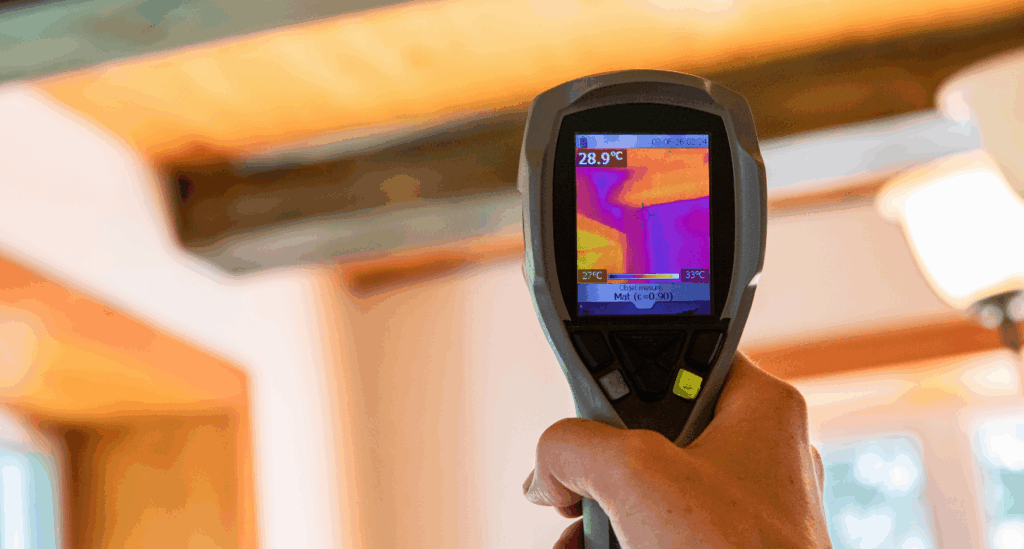
Ah, indoor air quality—the thing you never think about until you’re sneezing like it’s allergy season in the middle of winter. Your residential HVAC unit is more than just a comfort machine; it’s also your home’s air traffic controller, directing fresh, clean air to every room.
Let’s talk filters. Think of them as the bouncers at the hottest club in town, only letting in the clean air and keeping out the riff-raff like dust, pollen, and pet dander. Change these bad boys regularly and you’ll breathe easier—literally. Plus, it’ll keep your heating and air conditioning system from feeling like it’s trying to suck air through a clogged straw.
Air purifiers and humidifiers are like your home’s personal spa treatment. Got a pet that thinks every piece of furniture is their personal shedding station? An air purifier can help tackle those fur particles. And if your home feels drier than a desert in July, a humidifier will keep your skin from turning into sandpaper and make the air feel just right.
Ever cooked something so aromatic that it lingers for days? Yeah, we’ve all been there. Air purifiers are your saving grace here too, banishing those stubborn smells faster than you can say “burnt popcorn.”
So, give your HVAC system a helping hand. Change those filters, add a purifier or humidifier, and enjoy air so fresh, you’ll forget you’re indoors. Your sinuses will thank you, and you’ll have one less thing to worry about—except maybe what’s for dinner.
Signs Your Residential HVAC System Needs Repair
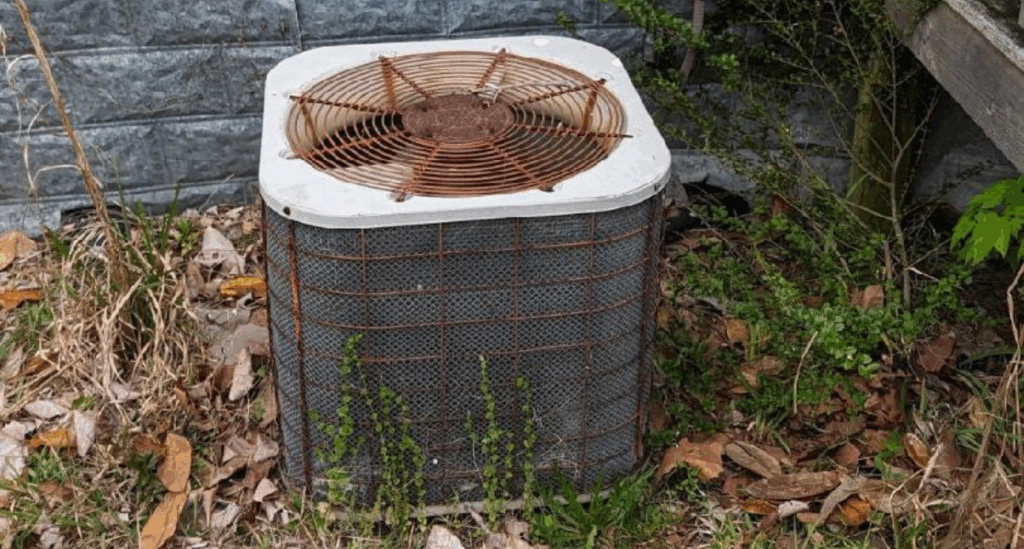
So, your HVAC unit is acting like a diva and you’re wondering if it needs a little attention. Here’s how to tell if your system is throwing a fit.
Unusual noises or odors
Got a symphony of clanks and bangs or a scent that’s more “mystery meat” than “fresh meadow”? These aren’t just quirks; they’re your HVAC’s units way of begging for help. Think of it as your heating and cooling system’s way of saying, “Houston, we have a problem.”
If one room feels like a sauna while another feels like you’ve walked into a fridge, your heating and air conditioning system might be having an identity crisis. Your home should have a balanced climate, not its own internal weather system.
Is your heat pump turning on and off more than a teenager checking their phone? This constant cycling is not normal and is basically your system’s way of hyperventilating. It’s trying to tell you something’s off.
Rising energy bills
Opened your energy bill lately and felt your wallet cringe? If your bill looks more like a mortgage payment, your residential HVAC system is probably working overtime. An efficient heating and cooling system shouldn’t cost you an arm and a leg.
Is you air conditioning turned on but it still hot and you are still sweating like you’re in a hot yoga class? If the airflow feels more like a gentle breeze than a refreshing gust, it’s a sign your system needs some TLC. Your vents should be blowing strong enough to give you a mini wind-tunnel experience.
Your HVAC system isn’t just being dramatic for no reason. It’s trying to communicate. Pay attention to these signs and you’ll catch problems before they become full-blown disasters.
When to Consider Replacement
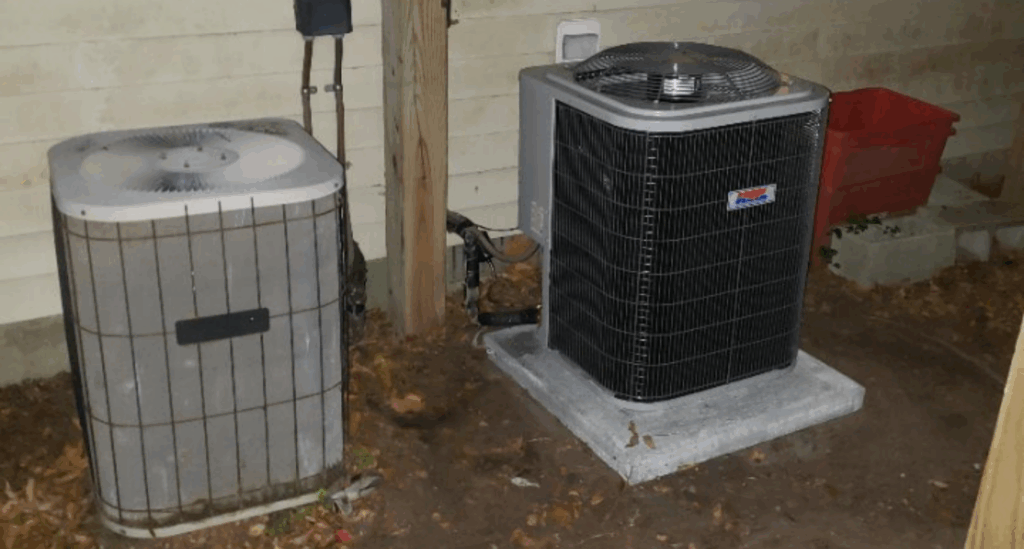
So, you’ve pampered your residential HVAC system for years, but it’s starting to act like a cranky old-timer. Here’s when you might want to kick it to the curb and bring in a new model.
First off, let’s talk age. If your heating and air conditoining system is old enough to remember dial-up internet, it might be time to let it retire. Both residential and commercial HVAC systems usually start to throw in the towel around the 10-15 year mark. So if yours has been hanging on for dear life for that long, consider showing it the door and shopping for a younger, more efficient model.
Not sure if your system is geriatric? Check out its birth certificate—aka the manufacturer’s sticker. It’ll give you a clue about its age, and if it’s creeping up there, start thinking about an upgrade.
But age isn’t the only factor. If your energy bills have skyrocketed and your HVAC unit sounds like it’s hosting a heavy metal concert, it’s begging for retirement. Older heating and cooling systems are notorious for being inefficient energy guzzlers, so trading up could save you a bundle in the long run.
Modern residential HVAC systems are like the shiny new toys on the block. They’re energy-efficient, quieter, and come with all the bells and whistles—think smart thermostats, better air filtration, and even zoning capabilities. Plus, they don’t throw tantrums every time the weather changes.
Also, if you’re calling the residential or commercial heating and air conditioning repair guy more often than your mom, it’s probably a sign. Frequent HVAC repairs can add up quickly, and at some point, you’re better off investing in a new system rather than patching up the old one.
In a nutshell, if your HVAC unit is old, loud, expensive to run, and in constant need of a fix, it’s time to say goodbye. Upgrade to a new HVAC system, and you’ll wonder why you didn’t do it sooner. Your wallet and your ears will thank you.
Conclusion
By following the HVAC tips you have learned here today, you should an understanding of how your residential HVAC system works, as well as, the signs that it is calling upon you for help! Remember though, at any time if you simply do not feel comfortable in trying to fix the issue yourself, it is truly best to contact an HVAC contractor in your area.
For more tips on commercail and residential HVAC installation, maintenance, and repairs, be sure to read our following related articles.

